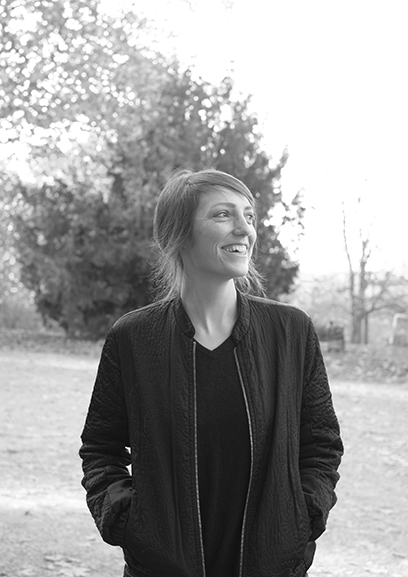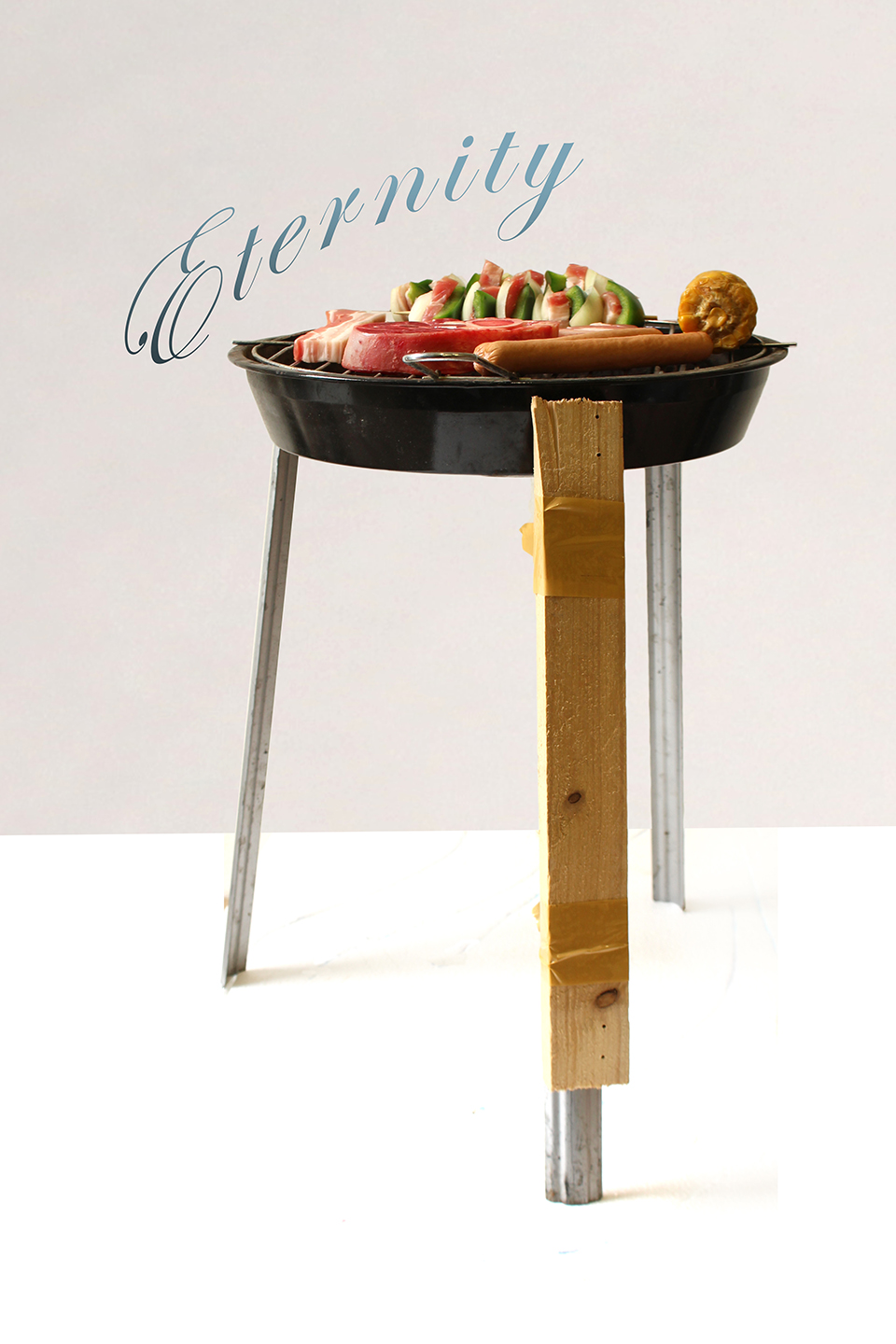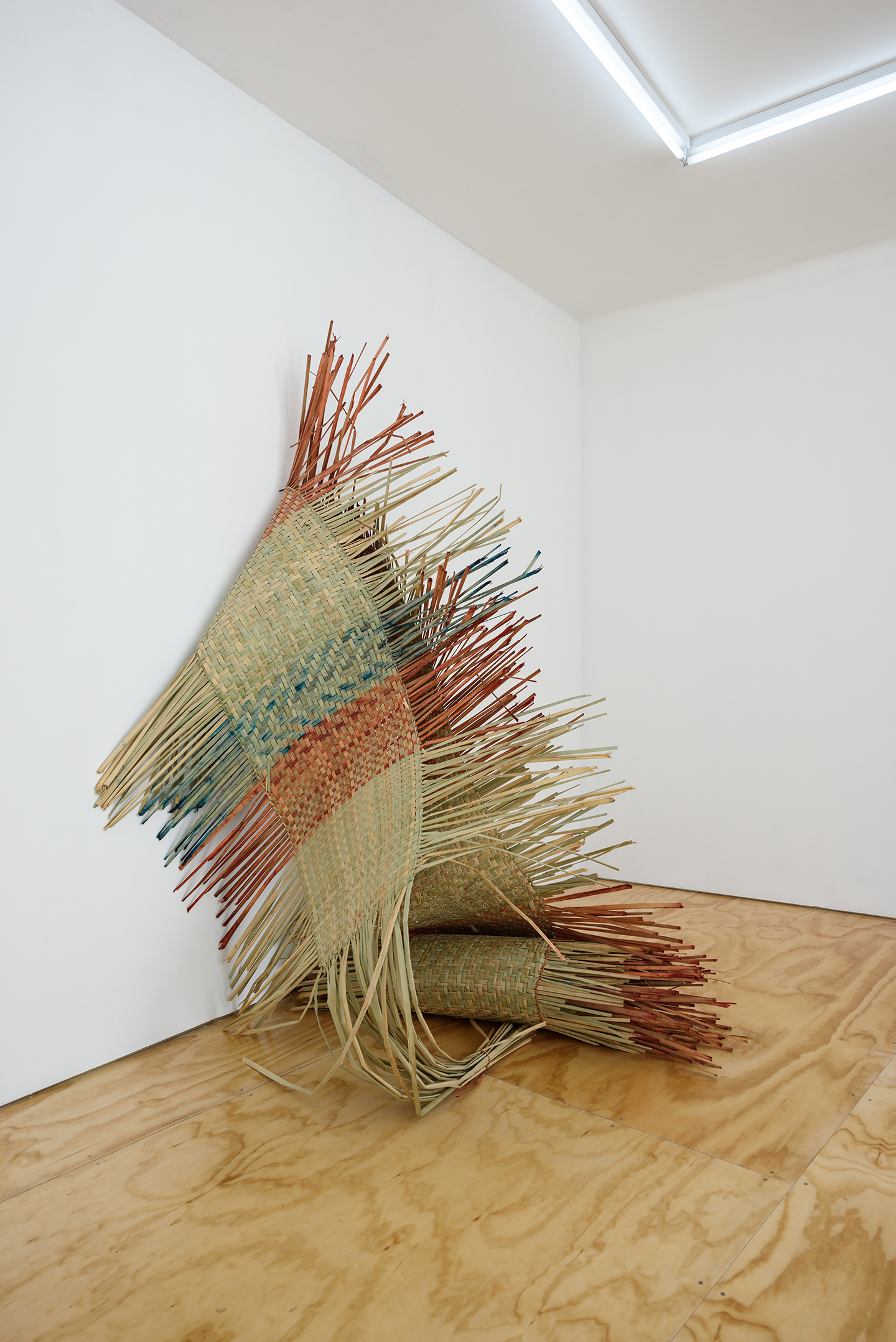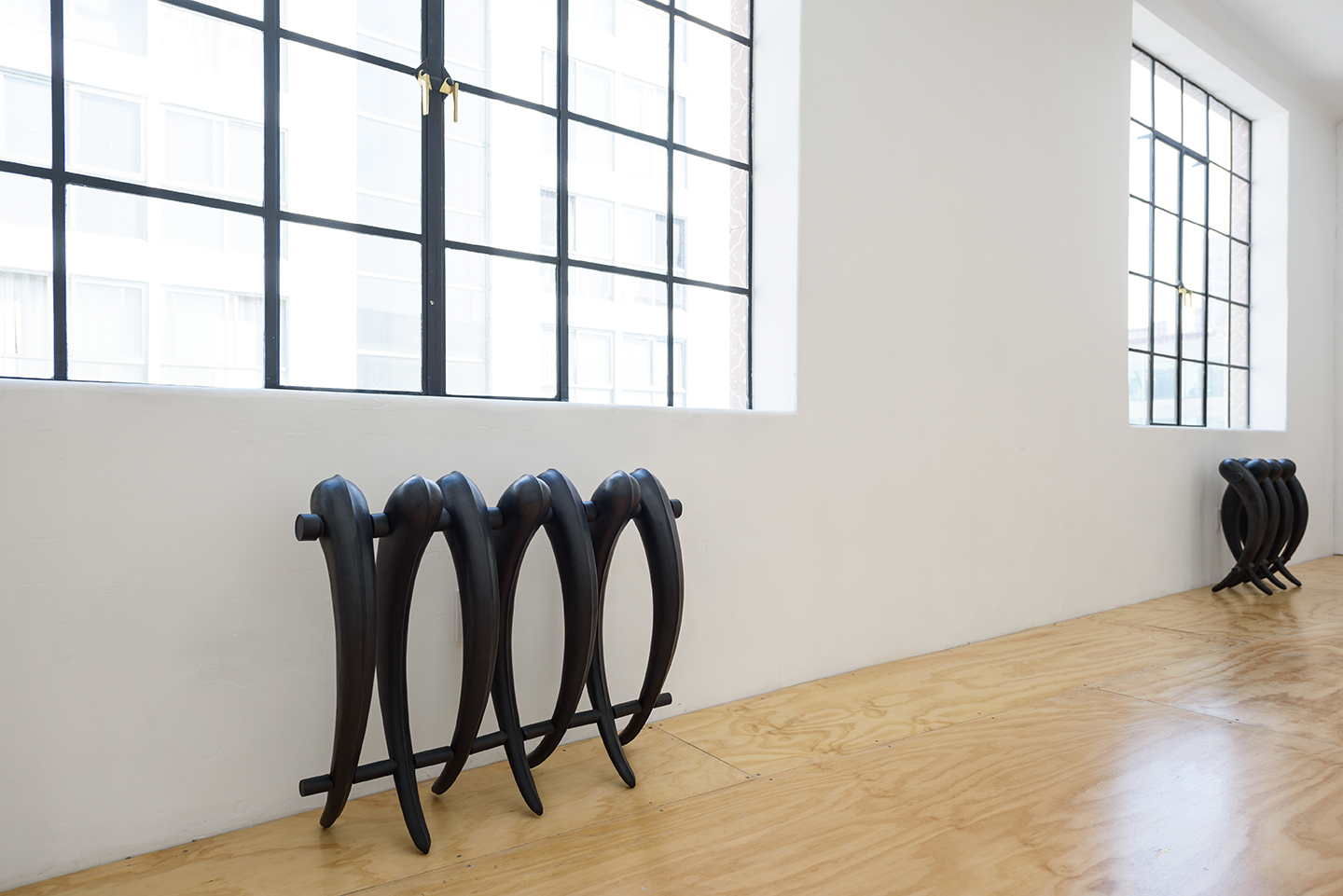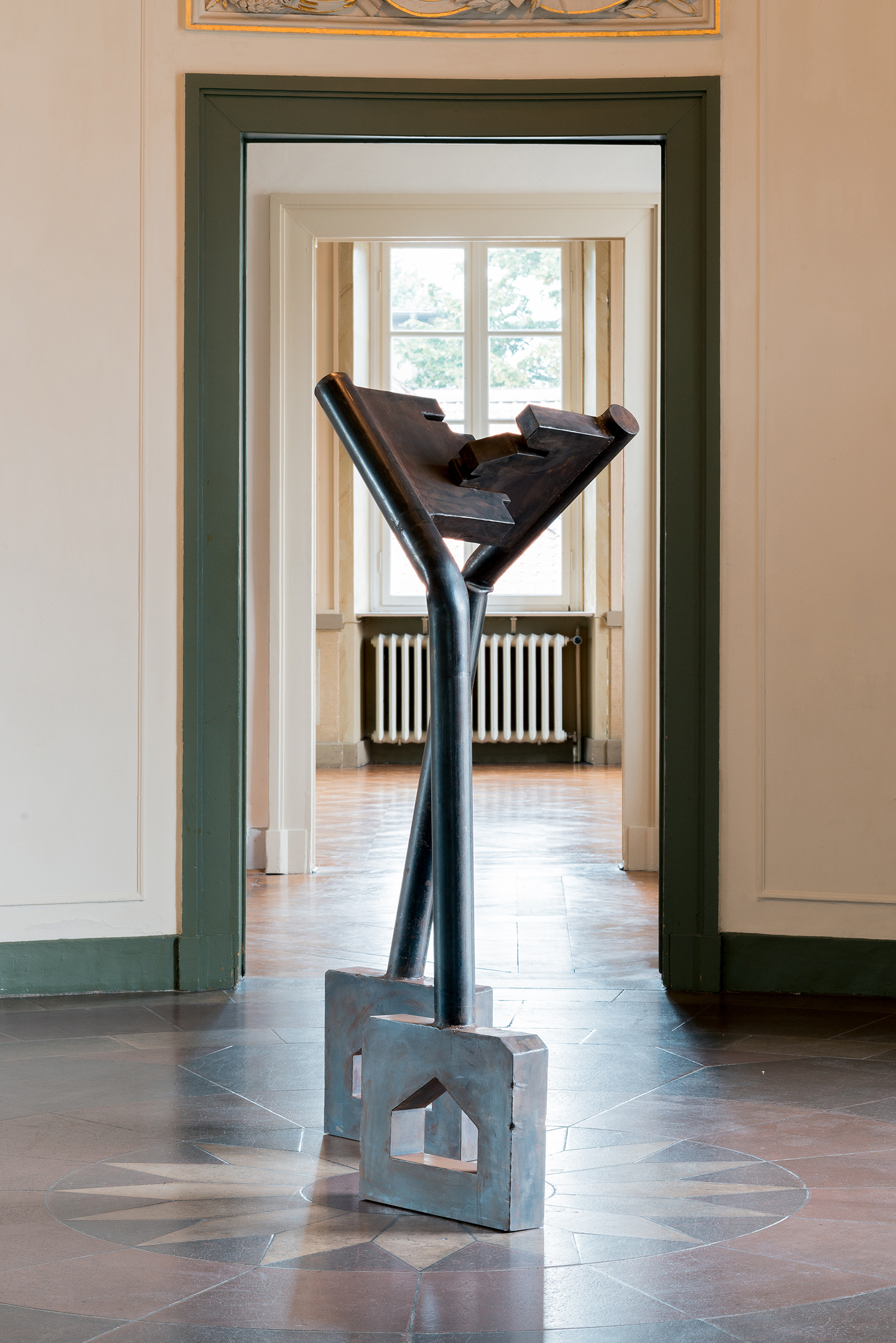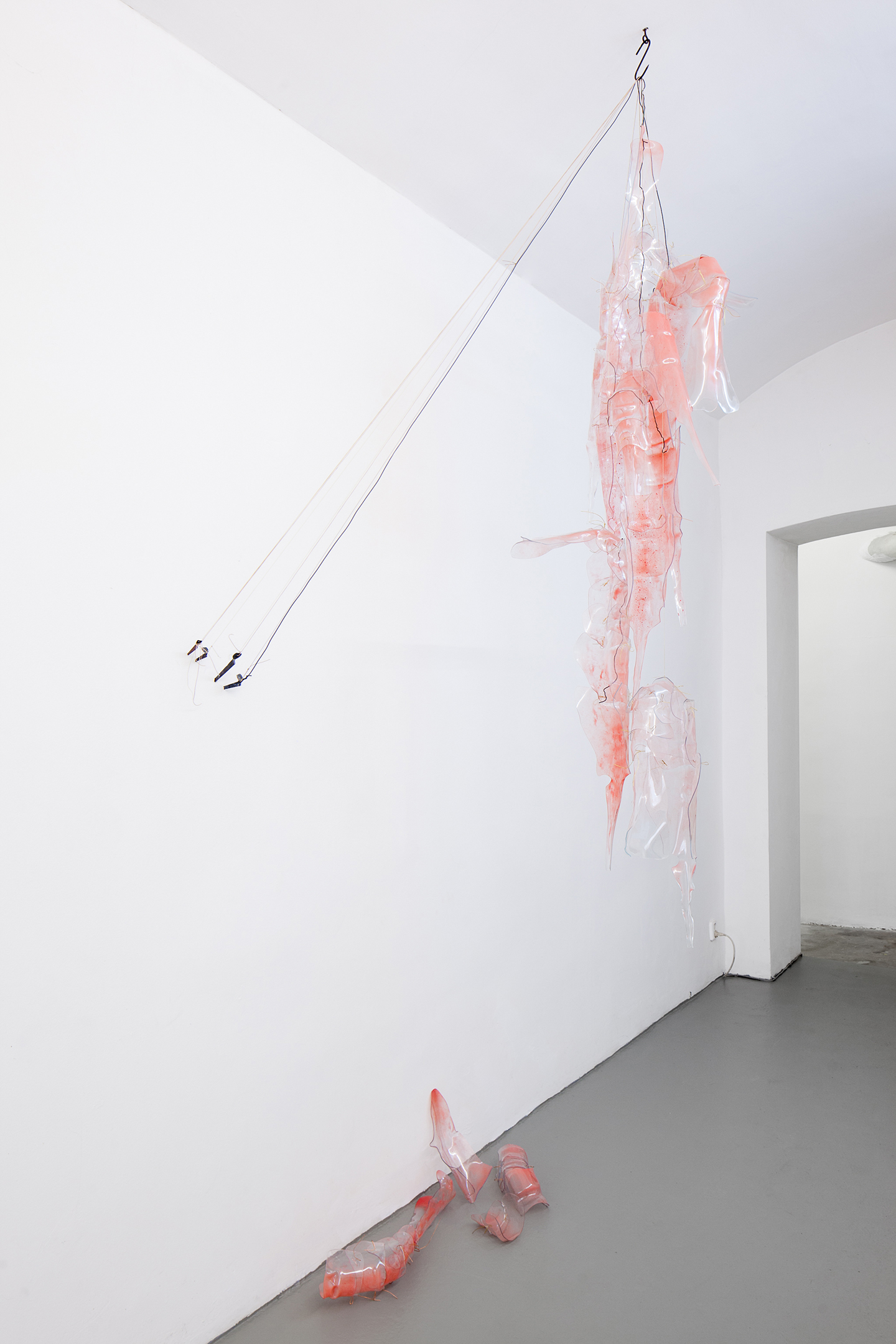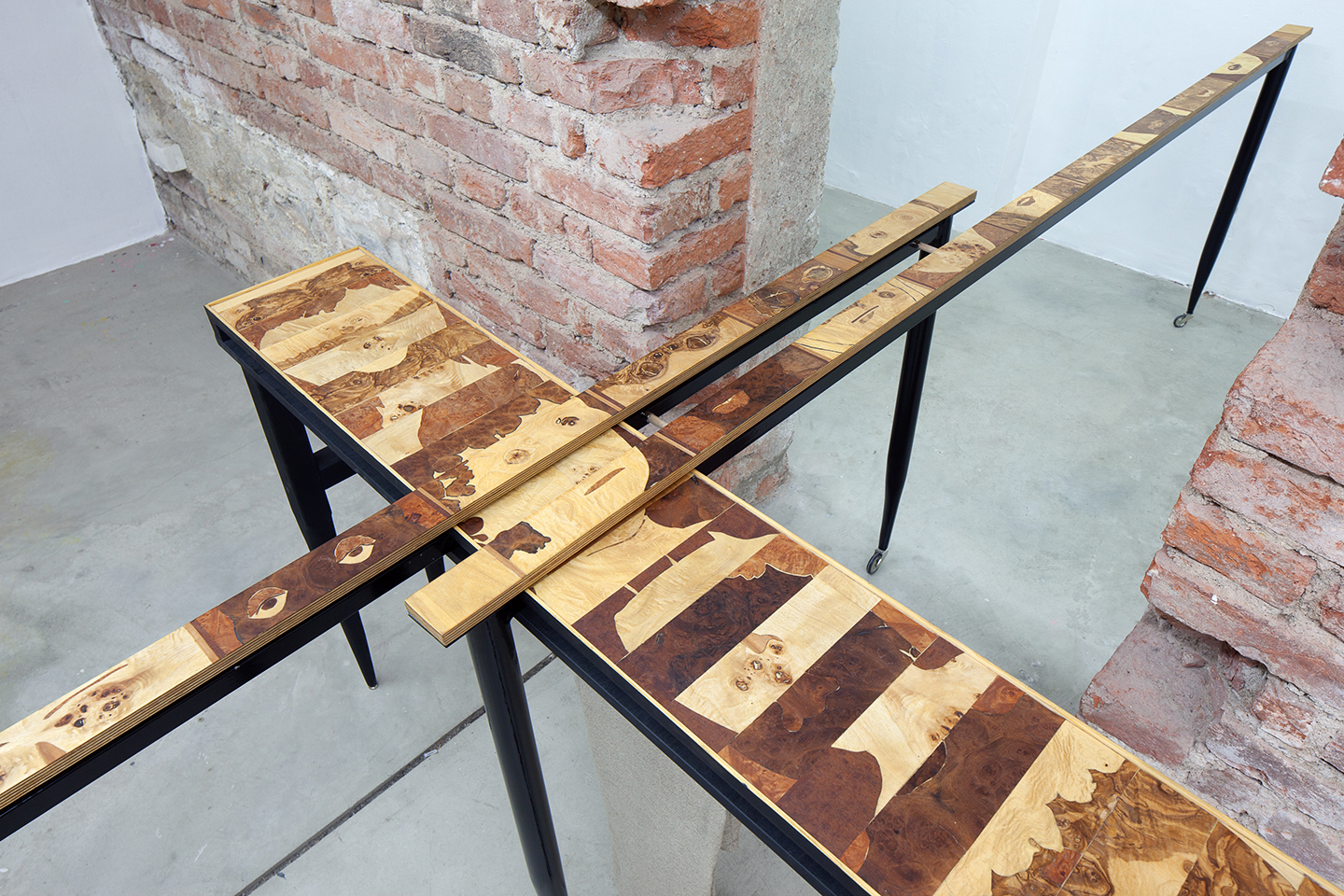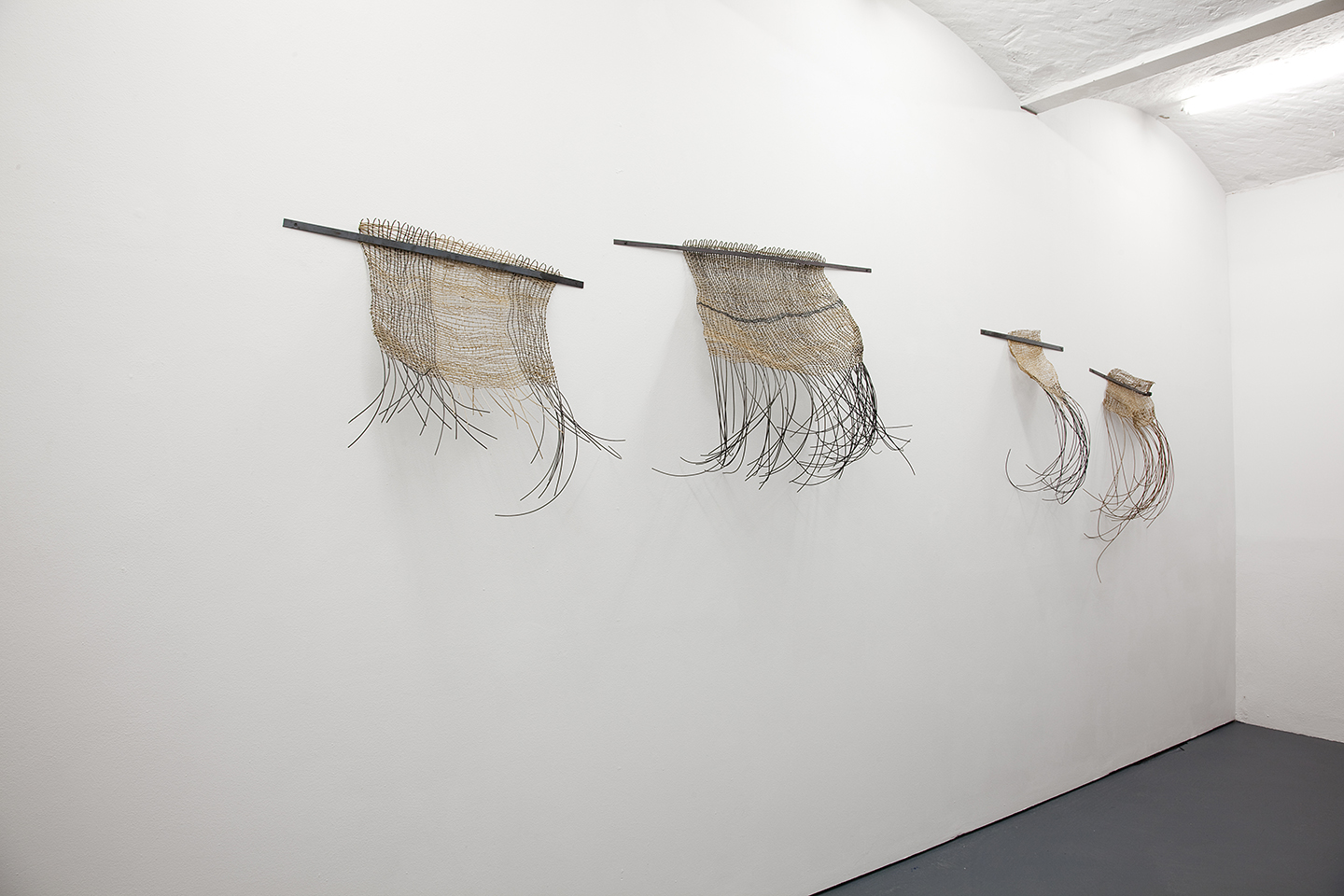Kasia Fudakowski
Kasia Fudakowski, born in London in 1985 studied at the Ruskin School of Drawing and Fine Art, Oxford University before moving to Berlin where she has lived and worked since 2006. She works through performance and sculpture around the notion of failure, particularly applied to gender and institutional criticism. Recent exhibitions include her ‘Fraustellung’ series; ‘Enthusiastinnen’, Bethanien, Berlin, ‘Stoikerinnen’, Harburger Bahnhof Kunstverein, ‘Pessimistinnen’, ABC Berlin and ‘Sexistinnen’ at Art Basel Statements. In 2016 she received the Fürstenberg Contemporary residency grant and in 2017 the Villa Romana Award, Florence. This year Fudakowski will participate in ‘Produktion! Made in Germany’, Sprengel Museum Hannover and ‘Bring Art into Life!’, Museum Ludwig, Cologne.
www.kasiakasia.com
